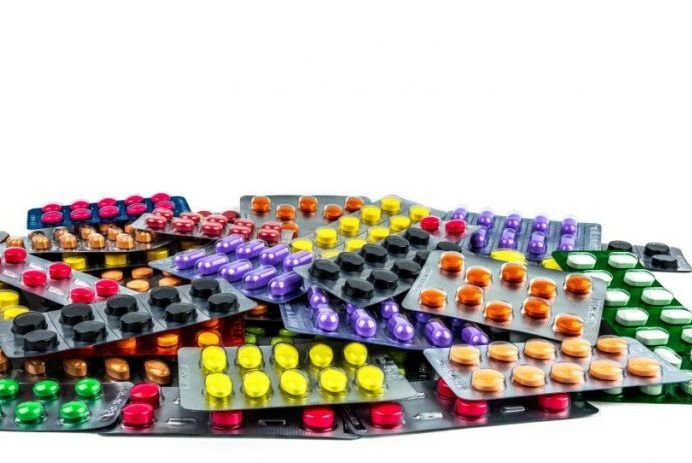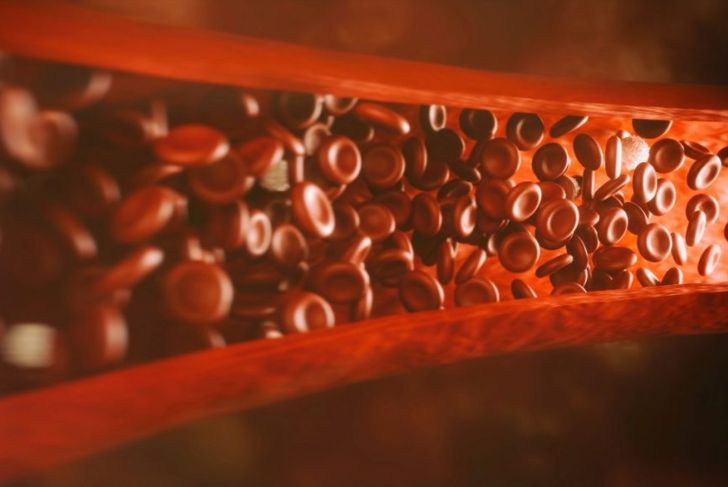Nephrotic syndrome is a condition that involves the release of too much protein by your kidneys. This protein excretes from your body into your urine, damaging the kidneys and leading to this condition. The related blood vessels that assist in removing excess waste and water from your blood are also affected when one develops nephrotic syndrome.
What Are the Symptoms of Nephrotic Syndrome?
You may notice swelling around your eyes, feet, and ankles. Another symptom to watch out for is foamy urine, which is caused by excessive amounts of protein. You may also experience fatigue or loss of appetite. When excessive fluids remain in your body, you will notice weight gain, too.
What Causes Nephrotic Syndrome?
The blood vessels in your kidneys are called glomeruli. When they become damaged, they stop filtering the correct amount of protein through the kidneys and are less efficient at filtering blood and removing other unnecessary substances. Nephrotic syndrome can also be caused by diabetic kidney disease, lupus, minimal change disease, and blood clots in kidney veins.
Risk Factors for Nephrotic Syndrome?
There are some risk factors associated with nephrotic syndrome. If you are prescribed medications like antibiotics or anti-inflammatories, you may have a higher risk of developing nephrotic syndrome. Also, if you have any prior conditions that can cause kidney damage, you may be at risk. Certain infections can contribute, as well, such as HIV, Hepatitis B or C, or malaria.
What Tests Do I Need?
To reach a diagnosis of nephrotic syndrome, your doctor will need to perform a few tests. A urine test will determine if your body is storing too much protein. In some cases, you may be asked to collect urine samples over a 24-hour period to establish a more accurate count of proteins in the urine. Blood testing is another option. A protein in the blood called albumin can tell doctors if you are at risk for nephrotic syndrome. Finally, you may require a kidney biopsy, which involves removing a small piece of one of your kidneys to test for abnormalities.
Is This Temporary?
In some cases, nephrotic syndrome may be temporary. Your doctor will need to find the underlying cause of it to determine if recovery is possible. Minimal change disease, for example, is a curable condition that can cause nephrotic syndrome. If healed, your symptoms of the nephrotic syndrome will go away and proper kidney function will resume.
What are the Treatments?
To treat nephrotic syndrome, your medical provider will need first to address the underlying cause of it. Some medications will help with symptoms, such as water pills, blood pressure medications, medications for high cholesterol, immune system suppressants, and blood thinners. Easing the pre-existing condition will also offer relief from nephrotic syndrome symtproms. Your doctor will assist you in choosing a treatment plan that works for your individual needs.
Are There Homeopathic Remedies?
Changes in diet may help with some of the symptoms experienced with nephrotic syndrome and help reduce complications, such as eating lean proteins, monitoring salt intake, limiting sugars, and reducing the amount of fat in your diet. Lowering the salt levels in your diet alone can diminish the amount of swelling. Your physician can help you choose what type of foods to eat to ensure a proper balance of nutrients in your body.
Complications of Nephrotic Syndrome?
Nephrotic syndrome can cause complications in some people. Blood clots are the most common and are the result of the glomeruli in your kidneys being unable to filter blood properly. Other complications include high cholesterol, infections, high blood pressure, malnutrition, acute kidney failure, and kidney disease. It is important to remember the kidneys can affect many different parts of the body, and so repercussions can be widespread.
When Should You See a Doctor?
You should consider visiting your medical provider anytime you are concerned about your health. If you notice swelling around your eyes, feet, and ankles, have foamy urine, or notice unexplained weight gain, loss of appetite, or fatigue, speak to your doctor. To receive a proper diagnosis and treatment, be sure to mention all the symptoms you have experienced. Even the smallest sign can help the doctor narrow down possible issues and more quickly diagnose your condition.
Where Can I Find Information?
You can ask your doctor for brochures or pamphlets about nephrotic syndrome to help you gain an understanding of the condition. You can also look for support groups in the area. NephSpace, for example, is an international online support group for people with nephrotic syndrome. You can connect with people around the world and discuss your individual experiences.

 Home
Home Health
Health Diet & Nutrition
Diet & Nutrition Living Well
Living Well More
More




















